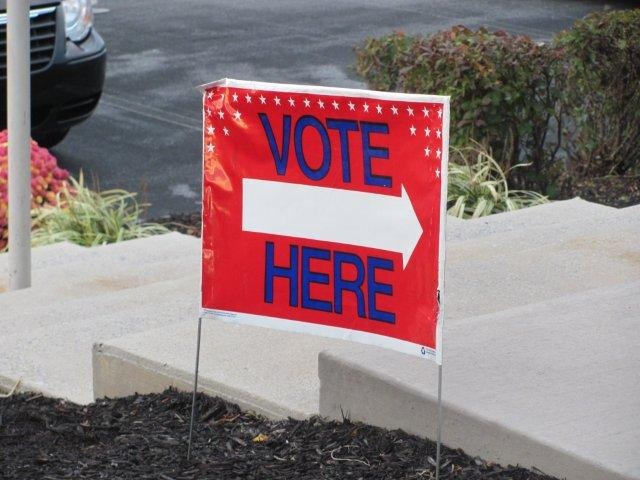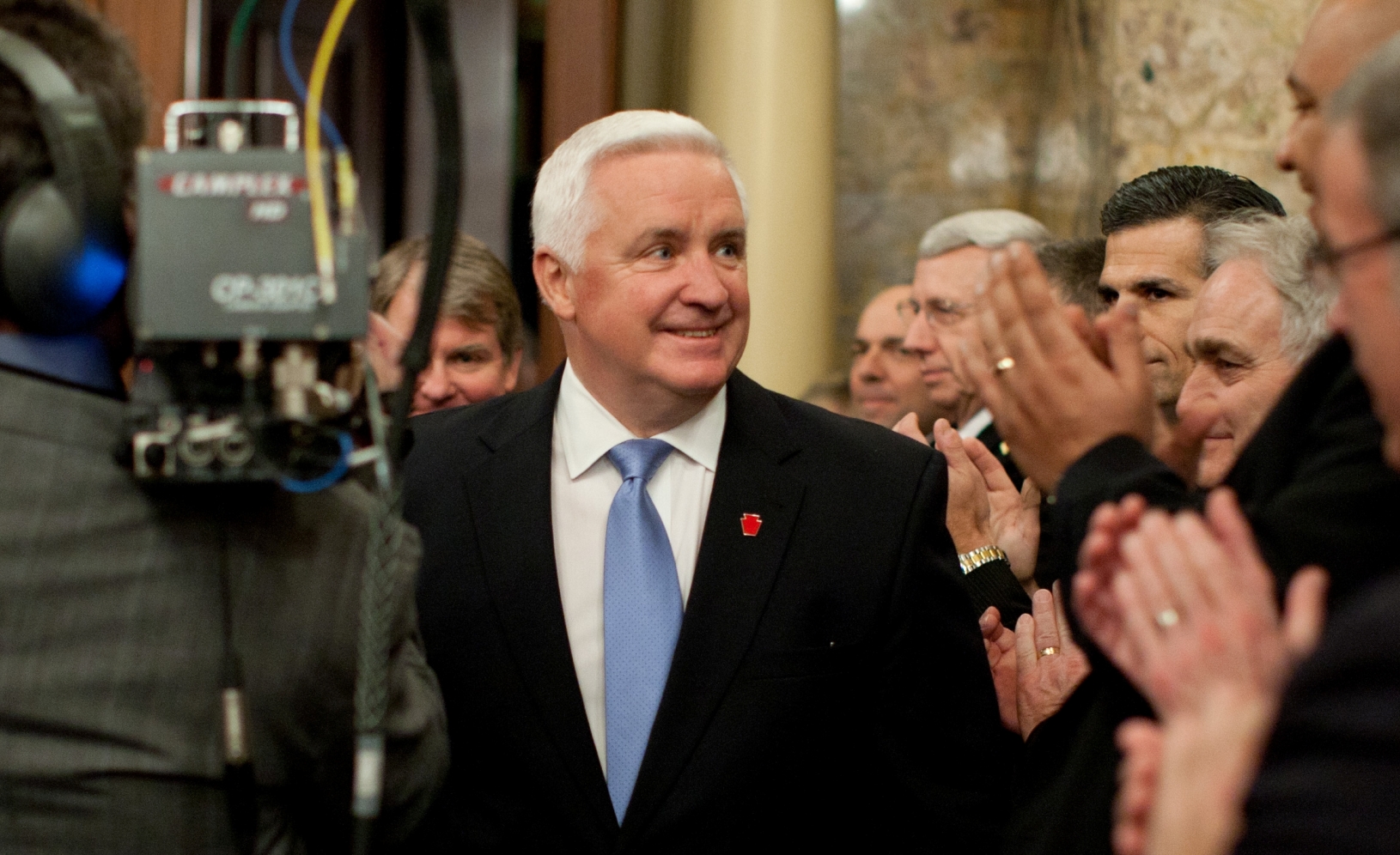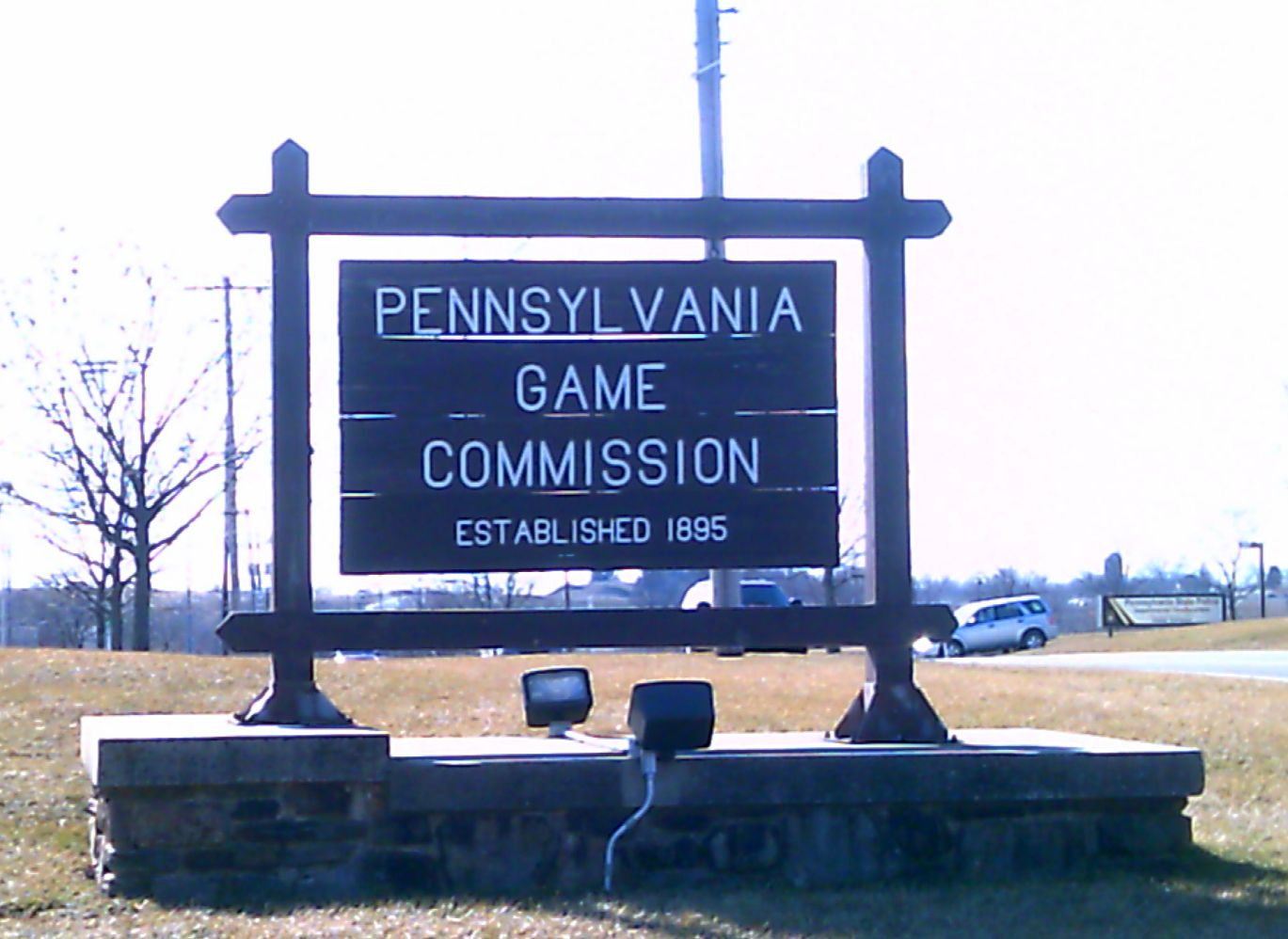Saving Amtrak Service through Western PA
Amtrak currently runs one train per day in each direction between Pittsburgh and Harrisburg, but the so-called “Pennsylvanian” line was at risk of being slashed if the state didn’t pick up part of the tab. Amtrak had been asking for $6.5-million dollars a year in state subsidies, but eventually agreed to a $3.8-million dollar deal with Governor Tom Corbett.
However, the worrying isn’t over in western Pennsylvania just yet. “The bottom line is we can pay for this service if the transportation funding package does pass,” says PennDOT press secretary Steve Chizmar, “if it doesn’t then it remains to be seen.”
In February Governor Tom Corbett proposed a transportation funding plan that would raise $5.4-billion dollars over five years. It included earmarked funds for intermodal transportation. Many lawmakers were hoping for an even bigger bite at the apple and Senate Transportation Chairman John Rafferty (R-Montgomery) plans to introduce his transportation funding package next month.
Pennsylvania kicks in $8 – 9-million dollars a year to help fund the Keystone East line, which provides Amtrak service between Philadelphia and Harrisburg. It does not currently fund the Pennsylvanian line that runs west of Harrisburg.
The $6.5-million dollar figure Amtrak initially proposed would have amounted to a state subsidy $27-per person, per trip. The Corbett administration objected to that figure, and Transportation Secretary Barry Schoch called it an “unfair assessment” during last month’s budget hearings.
On its way from Harrisburg to Pittsburgh, the Pennsylvanian makes stops in Lewistown, Huntingdon, Altoona, Johnstown and Greensburg.











